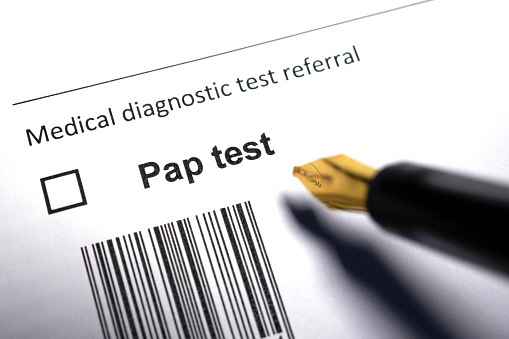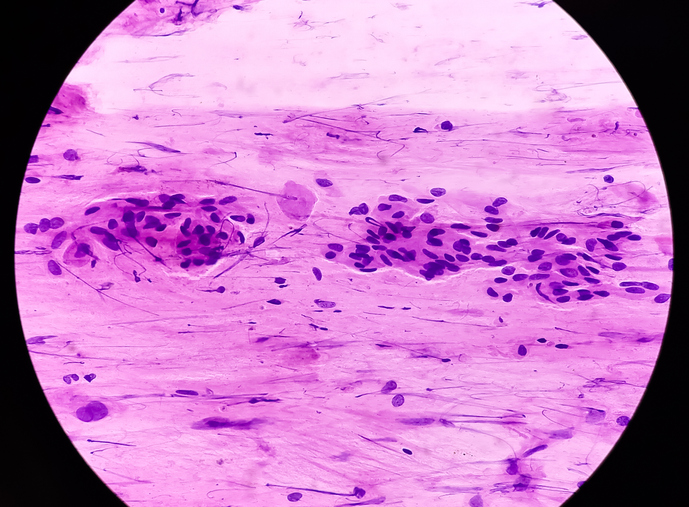
A British study found that a self-administered home Pap smear test is feasible to screen for cervical cancer rather than in-office visits, according to a study presented at the National Cancer Research Institute 2019 Cancer Conference.
This test could be an alternative to an in-office test that some women deem “invasive” and may avoid getting screened.
The home test, known as S5, measures four types of cancer-associated HPV and the human gene EPB41L3 on self-collected samples. Researchers assessed 600 self-collected vaginal samples from women who used the Flocked swab and Diagene or HerSwab and Qvintip; 503 women provided urine samples.
Detection with S5
S5 showed a good and statistically significant separation between <CIN2 (cervical intraepithelial neoplasia) and CIN2+ samples for both urine and vagina self-samples (P≤0.0001). The area under the ROC curve was 0.7254 (P≤0.0001) for urine samples and 0.7388 (P≤0.0001) for vaginal self-samples.
The best-performing devices for vaginal self-samples were Dacron and Qvintip, according to the authors.
At the pre-defined cut-off of 0.8, the sensitivity and specificity for urine samples was 66% and 72%, respectively, and 71% and 68%, respectively, for vaginal self-samples.
“S5 can be successfully amplified in urine and vaginal self-collected samples, and the classifier is able to correctly identify CIN2+ women,” the researchers concluded.







 © 2025 Mashup Media, LLC, a Formedics Property. All Rights Reserved.
© 2025 Mashup Media, LLC, a Formedics Property. All Rights Reserved.